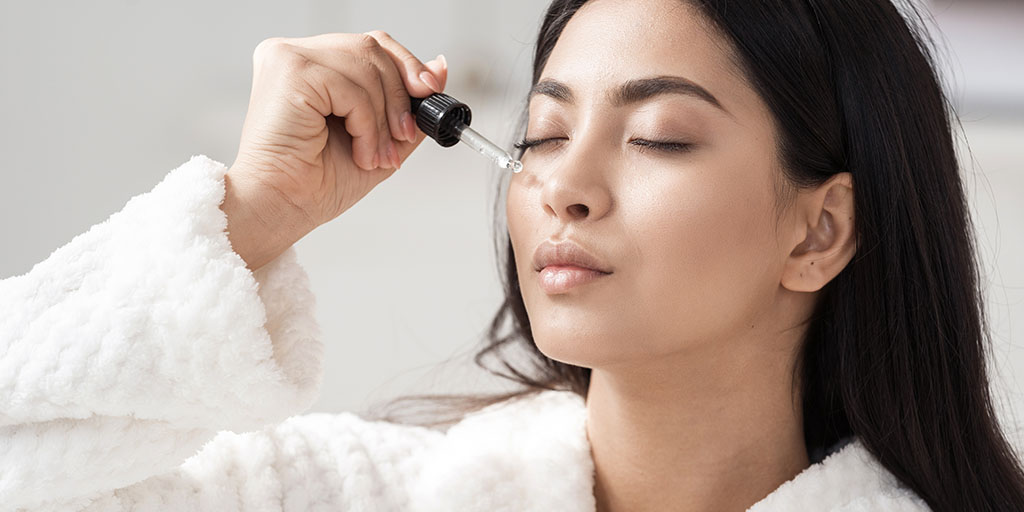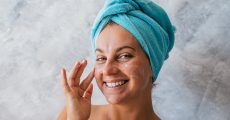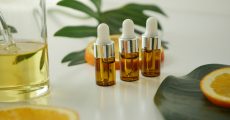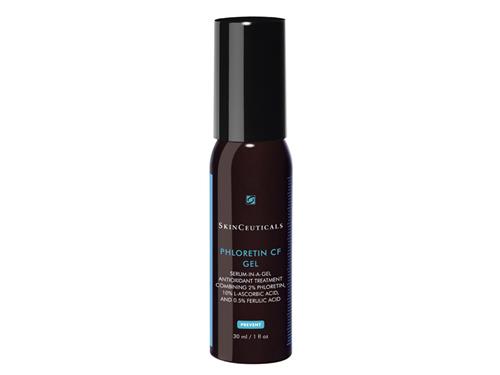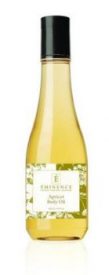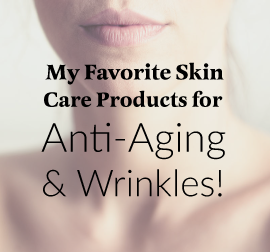5 Tips to Get the Most From Your Serums
Hi Jennifer,
We’ve closed the online Shop for at least 3-4 months to focus on opening our new clinic in Seattle. It’s called Concierge Dermatology & Laser and we’re reopening in mid June or early July. We’re working on the website now and may attach the Shop to that site and reopen with a similar inventory. We’d focus on getting the best products for the best price like we have been. Thank you for being a fan.
How to Use Your Serums Effectively
- The “base” is also key. When you skin isn’t happy with a product, it doesn’t mean necessarily that you’re not tolerating the active ingredient. The “actives” are things like the niacinamide, retinol, various forms of Vitamin C, etc. It’s a pain to do but… look at those inactive ingredients on the back or box. You can also find ingredient lists online at the company’s site usually. Is there propylene glycol (PG – other glycols are fine), parabens, formaldehyde releasing preservatives? We avoid PG, formaldehyde preservatives, synthetic fragrances, etc. as much as we can in our products, for example.
- Serums often have fewer chemicals. If you have a gentle cleanser and moisturizer you love, then serums are an easy choice. They layer better and typically have fewer chemicals to cause problems. We all love the all organic products, but sadly most of the time they don’t get the great results. We focus on eliminating as many chemicals as we can while preserving how well it works.
- Serums layer better. For example, our niacinamide has a light hyaluronic acid base and a texture almost like water. This was deliberate because it goes on first, then a pigment fighting serum if needed, then your antioxidant, and then sunscreen. You may not need a moisturizer before the sunscreen. You can use growth factors just before or after the antioxidant if you want. Put the thinner one on first.
- Skin nutrition is key. By layering various nutrients in stable forms; it bumps up your skin nutrition. Just remember you can’t eat junk food, processed food, drink too much alcohol, etc. and have this work. 🙂 Nutrition has to start from the inside. Be kind to yourself.
- Pick products that work together. You might think that when manufacturers combine products, like the ones you described above, that that’s the best approach. I totally get that for convenience, we’d all love a fabulous “all in one product”. Not all actives are stable together, though. So if the formulator isn’t careful and puts things together that make the others inactive, then the product won’t work well, or worse, it will cause irritation or an allergic reaction.
I Hope this Helps,
Dr. Brandith Irwin, MD
Founder of SkinTour & MadisonMD Skincare
Follow my skin tips and travels on Instagram!



